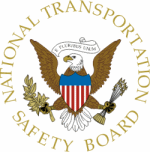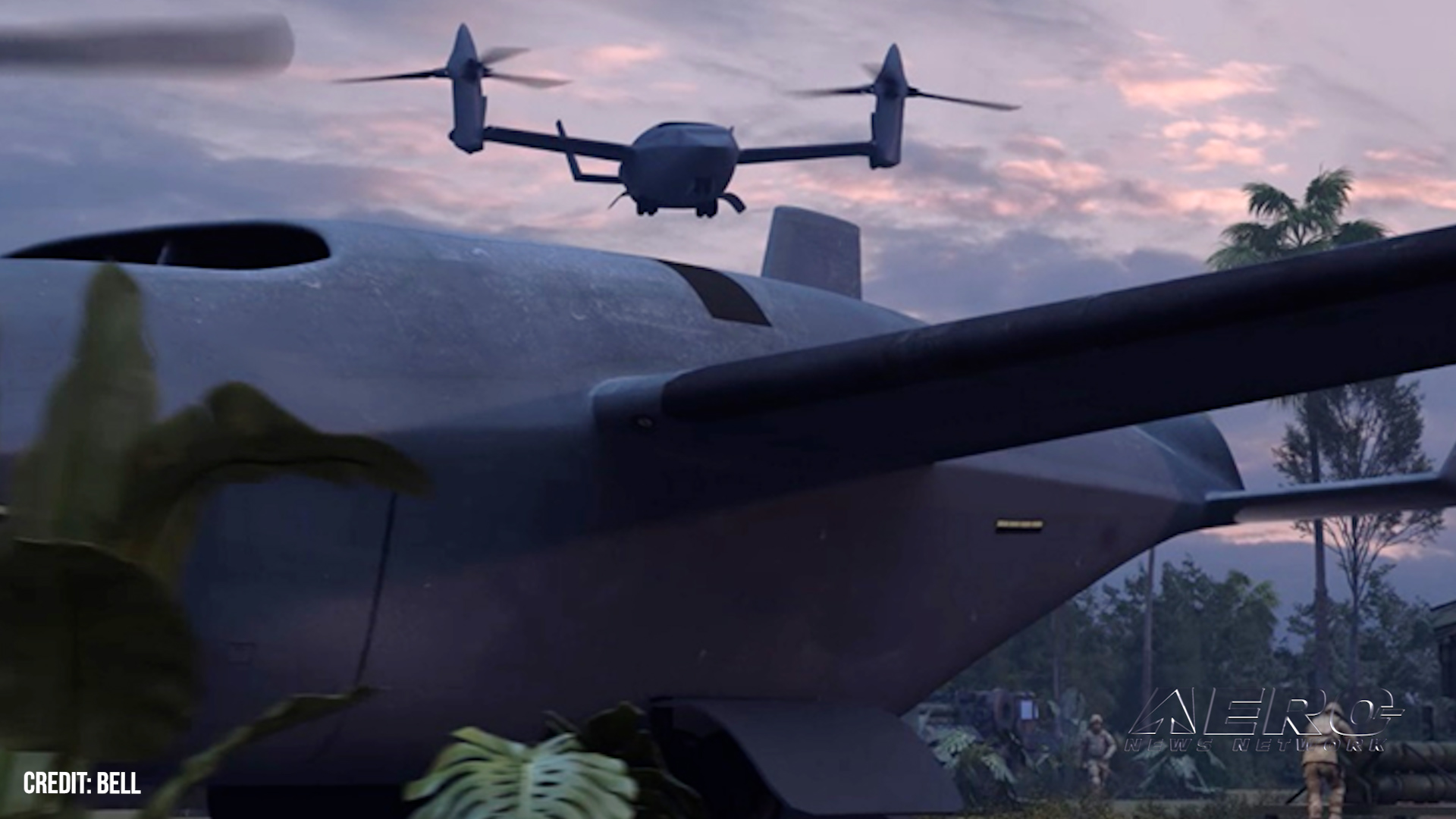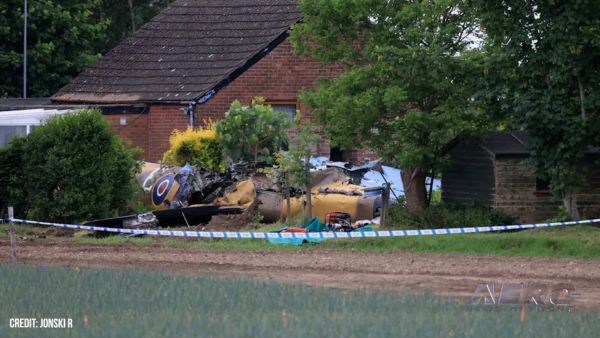Wed, Jul 14, 2010
Continental Flight Left The Runway, Six People Seriously
Injured
 The National Transportation Safety Board on Tuesday determined
that the probable cause of the 2008 Continental Airlines flight
1404 runway excursion accident was the captain's cessation of
rudder input, which was needed to maintain directional control of
the airplane, about 4 seconds before the aircraft departed the
runway, when the airplane encountered a strong and gusty crosswind
that exceeded the captain's training and experience.
The National Transportation Safety Board on Tuesday determined
that the probable cause of the 2008 Continental Airlines flight
1404 runway excursion accident was the captain's cessation of
rudder input, which was needed to maintain directional control of
the airplane, about 4 seconds before the aircraft departed the
runway, when the airplane encountered a strong and gusty crosswind
that exceeded the captain's training and experience.
Contributing to the accident was the air traffic control system
that did not require or facilitate the dissemination of key
available wind information to air traffic controllers and pilots,
and inadequate cross wind training in the airline industry due to
deficient simulator wind gust
modeling.
On December 20, 2008, Continental Airlines flight 1404 veered
off the left side of runway 34R during a takeoff from Denver
International Airport. as a result, the captain initiated a
rejected takeoff and the airplane came to rest between runways 34R
and 34L. There was a post-crash fire. All 110
passengers and 5 crewmembers evacuated the airplane immediately
after it came to rest. The captain and five passengers were
seriously injured.
At the time of the accident, mountain wave and downsloping wind
conditions existed in the Denver area and the strong localized
winds associated with these conditions resulted in pulses of strong
wind gusts at the surface that posed a threat to operations at
Denver International Airport.
"This aircraft happened to be in the direct path of a perfect
storm of circumstances that resulted in an unexpected excursion in
an airport with one of the most sophisticated wind sensing systems
in the country," said NTSB Chairman Deborah A.P. Hersman. "It
is critical that pilots receive training to operate aircraft when
high wind conditions and significant gusts are present, and that
sufficient airport-specific wind information be provided to ATC
controllers and pilots as well."
As a result of this accident the NTSB issued 14 recommendations
to the Federal Aviation Administration regarding mountain waves,
wind dissemination to flightcrews, runway selection,
pilot training for crosswind takeoffs, and
crashworthiness.
More News
"To advance autonomous flight systems, our focus remains on automating pilot skills that enhance efficiency but most importantly, prioritize safety at every stage. Progressing thes>[...]
Aero Linx: MC-12W Liberty The MC-12W is a medium-to low-altitude, twin-engine turboprop aircraft. Its primary mission is providing intelligence, surveillance and reconnaissance sup>[...]
Airport Taxi Charts Designed to expedite the efficient and safe flow of ground traffic at an airport. These charts are identified by the official airport name; e.g., Ronald Reagan >[...]
Pilot’s Failure To Engage The Turbocharger For Takeoff And His Improper Decision To Continue The Takeoff... Analysis: The owner recently purchased the experimental amateur-bu>[...]
Also: NATA CEO In Legal Dilemma, WestJet Encore Settle, Drone Bill H.R. 8416, USN Jet Trainer GAMA released their 1Q/24 GA Aircraft Shipment and Billing Report -- with mostly mixed>[...]
 Aero-News: Quote of the Day (06.06.24)
Aero-News: Quote of the Day (06.06.24) ANN's Daily Aero-Linx (06.06.24)
ANN's Daily Aero-Linx (06.06.24) ANN's Daily Aero-Term (06.06.24): Airport Taxi Charts
ANN's Daily Aero-Term (06.06.24): Airport Taxi Charts NTSB Final Report: Holland Travis E Velocity
NTSB Final Report: Holland Travis E Velocity Airborne 05.31.24: 1Q GA Sales, 200th ALTO LSA, Spitfire Grounding
Airborne 05.31.24: 1Q GA Sales, 200th ALTO LSA, Spitfire Grounding



